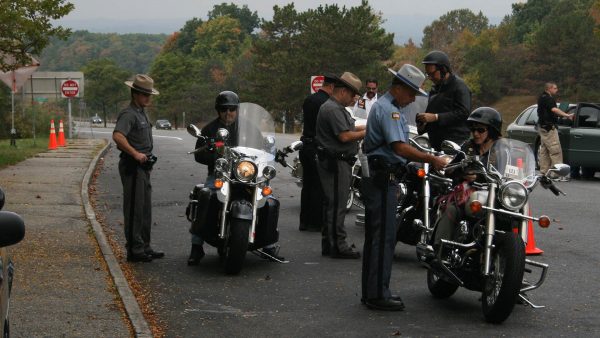The MPP has heavily reported on the recent trend of individuals being arrested for possession of handguns merely for membership in a motorcycle club. This includes individuals with no criminal records and License To Carry holder’s. The MPP has even issued a travel warning to motorcyclists traveling through Texas. One such case against a member of the Bandidos Motorcycle Club (Ashley Becker) in Lubbock, TX continues with a refiling of charges for Unlawful Carry for mere membership in the club, which authorities label a criminal street gang. Law enforcement and prosecutors should dismiss all such cases in the name of justice because they rely on an unconstitutional application of statute which ignores the basic principle of personal guilt. Texas Penal Code 46.02, the statute prohibiting gang members from carrying weapons, is being misapplied to individuals simply for being members of motorcycle clubs. Take Ashley Becker, who was originally charged with Unlawful Carry and suspicion of possessing a controlled substance in Lubbock, Texas in 2018. The weapon wasn’t illegal, and no crime was committed. He was arrested under 46.02 for being a Bandido in possession of an otherwise legal weapon. The alleged controlled substance, after being tested multiple times, turned out to be inconclusive. While prosecutors make no admission that they misapplied statute 46.02, they filed a motion to dismiss. The motion reads, “The interest of justice cannot be served through further proceedings in this matter.” Although the 2018 indictment was dismissed without prejudice, on February 9, 2019 charges were refilled against Becker on the Unlawful Carry charges. The affidavit identifies Becker’s membership in the Bandidos as the only probable cause for arrest. Authorities persist despite absurd, unconstitutional interpretation of law. Despite the fact that their interpretation of statute is unconstitutional and in violation of established state and federal rules of



